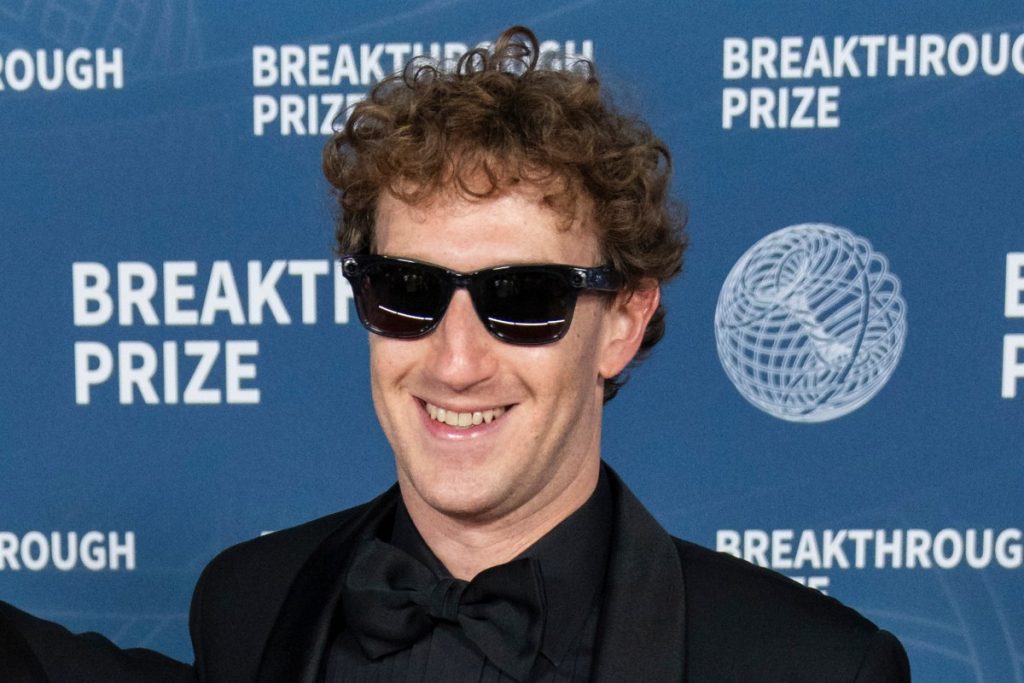The battle for top artificial intelligence (AI) talent is heating up, and Meta has emerged victorious in its latest recruitment effort by successfully poaching three prominent researchers from OpenAI. This move highlights Meta’s aggressive strategy under the leadership of Mark Zuckerberg, who has been unyieldingly pursuing the best minds in the field, despite facing skepticism from rivals like OpenAI’s CEO, Sam Altman.
Meta’s Recruitment Strategy
According to recent reports, Meta has welcomed Lucas Beyer, Alexander Kolesnikov, and Xiaohua Zhai to its superintelligence team. Notably, Zhai previously played a pivotal role in establishing OpenAI’s Zurich office, marking a significant catch for Meta. This recruitment signals that Zuckerberg’s methods are starting to pay off, despite Altman’s public critiques and mockery of Zuckerberg’s lavish compensation tactics.
Zuckerberg’s recruitment strategy reportedly includes enticing compensation packages exceeding $100 million, which Altman disclosed during a podcast discussion with his brother, Jack. This aggressive financial approach aims to lure exceptional talent from rival firms like OpenAI. Furthermore, Zuckerberg has been proactive in his outreach, utilizing WhatsApp to contact hundreds of leading AI researchers and organizing social gatherings dubbed the “Recruiting Party 🎉” at his residences in Palo Alto and Lake Tahoe to personally engage with potential hires.
Mixed Results in Talent Acquisition
While Zuckerberg has made headway with some notable hires, such as Scale AI’s CEO Alexandr Wang, who received a staggering $14 billion investment, the overall success of his recruitment efforts has been inconsistent. Many key figures in AI remain unattained, particularly OpenAI co-founders Ilya Sutskever and John Schulman, who have pivoted to launch new startups of their own. Their absence from Meta’s roster indicates that even with substantial financial incentives, certain top talents are opting to remain with their current organizations or explore entrepreneurial avenues.
In his podcast, Altman expressed a sense of triumph over the fact that, as of now, none of OpenAI’s “best people” have accepted Zuckerberg’s lucrative offers. This perspective highlights a competitive dynamic where not only monetary compensation plays a crucial role but also the loyalty and vision these researchers have toward their current organizations.
Market Impact and Future Implications
The ongoing recruiting battle between Meta and OpenAI could have broader implications for the AI industry. As companies vie for dominance in AI development, attracting top talent becomes increasingly critical. With the exponential growth of AI applications across various sectors, the influence of these hires may extend well beyond their immediate organizations, affecting overall innovation rates and technological advancements in the field.
Moreover, as reported by Statista, the U.S. AI market is projected to grow significantly, with revenues expected to reach $190 billion by 2025. This rapid expansion means that competition for skilled individuals will intensify, leading companies to explore even more inventive strategies for recruitment and retention.
In the context of this recruiting frenzy, firms may need to reevaluate not just their compensation packages, but also their workplace cultures and projects to retain top talent. The importance of mission alignment and the opportunity to work on pioneering technologies can’t be underestimated, especially for leading researchers who might prioritize these elements over financial rewards.
Conclusion
As Meta continues to challenge OpenAI and other industry players in the quest for AI talent, the dynamics of recruitment are evolving. Zuckerberg’s charming approach, albeit met with skepticism, has proven effective in securing notable hires, while also illuminating the competitive landscape of the tech industry. The focus on personal engagement and substantial financial incentives underscores the lengths companies are willing to go to secure the best talent, potentially reshaping the future of AI development.

